Private Education Expenses
입력 2019.03.13 (15:28)
수정 2019.03.13 (15:47)
읽어주기 기능은 크롬기반의
브라우저에서만 사용하실 수 있습니다.
[Anchor Lead]
Koreans spent 19.5 trillion won on private education last year, nearly a third of the entire education budget. The monthly average expenses on private education per student also set a record high by rising 7%.
[Pkg]
Baek Seung-hyeon spends about 300,000 won each month on private education for her children who are in elementary school.
[Soundbite] Baek Seung-hyeon(Namyangju Resident) : "Many working moms don't have anyone to care for their children during after-school hours, so they sent their children to private education centers."
Parents of high schoolers preparing for college are under even greater financial pressure.
[Soundbite] Kim Jeong-hyeon(Seoul Resident) : "I spend more than a third of my household expenses on education. Tests are getting harder, but public education is not making necessary adjustments, causing an imbalance."
Last year, the monthly average expenses for private education per student stood at 291,000 won. This figure has risen for six years in a row. It was a record spike as the expenditure rose 7% on-year. Among students of all levels, spending for high schoolers expanded the most. The amount increased to 321,000 won, up 12.8% from a year ago, overtaking the figures for elementary and middle school students for the first time. The Ministry of Education explained that private education spending grew as college admission systems became more complex and diversified. Experts point out that it's hard to reduce the spending on private education with the education authorities' meaningless and repetitive promise to make college admission simpler and more transparent.
[Soundbite] Prof. Lee Seong-ho(Dept. of Education, Chung-Ang Univ.) : "The problem won't be solved fundamentally by lessening the student burden during the selection process. We need to find ways to improve the quality of public education."
Civic groups perceive the Education Ministry's measures as repetition of existing policies and called them incompetent and irresponsible.
Koreans spent 19.5 trillion won on private education last year, nearly a third of the entire education budget. The monthly average expenses on private education per student also set a record high by rising 7%.
[Pkg]
Baek Seung-hyeon spends about 300,000 won each month on private education for her children who are in elementary school.
[Soundbite] Baek Seung-hyeon(Namyangju Resident) : "Many working moms don't have anyone to care for their children during after-school hours, so they sent their children to private education centers."
Parents of high schoolers preparing for college are under even greater financial pressure.
[Soundbite] Kim Jeong-hyeon(Seoul Resident) : "I spend more than a third of my household expenses on education. Tests are getting harder, but public education is not making necessary adjustments, causing an imbalance."
Last year, the monthly average expenses for private education per student stood at 291,000 won. This figure has risen for six years in a row. It was a record spike as the expenditure rose 7% on-year. Among students of all levels, spending for high schoolers expanded the most. The amount increased to 321,000 won, up 12.8% from a year ago, overtaking the figures for elementary and middle school students for the first time. The Ministry of Education explained that private education spending grew as college admission systems became more complex and diversified. Experts point out that it's hard to reduce the spending on private education with the education authorities' meaningless and repetitive promise to make college admission simpler and more transparent.
[Soundbite] Prof. Lee Seong-ho(Dept. of Education, Chung-Ang Univ.) : "The problem won't be solved fundamentally by lessening the student burden during the selection process. We need to find ways to improve the quality of public education."
Civic groups perceive the Education Ministry's measures as repetition of existing policies and called them incompetent and irresponsible.
■ 제보하기
▷ 카카오톡 : 'KBS제보' 검색, 채널 추가
▷ 전화 : 02-781-1234, 4444
▷ 이메일 : kbs1234@kbs.co.kr
▷ 유튜브, 네이버, 카카오에서도 KBS뉴스를 구독해주세요!
- Private Education Expenses
-
- 입력 2019-03-13 15:34:41
- 수정2019-03-13 15:47:08
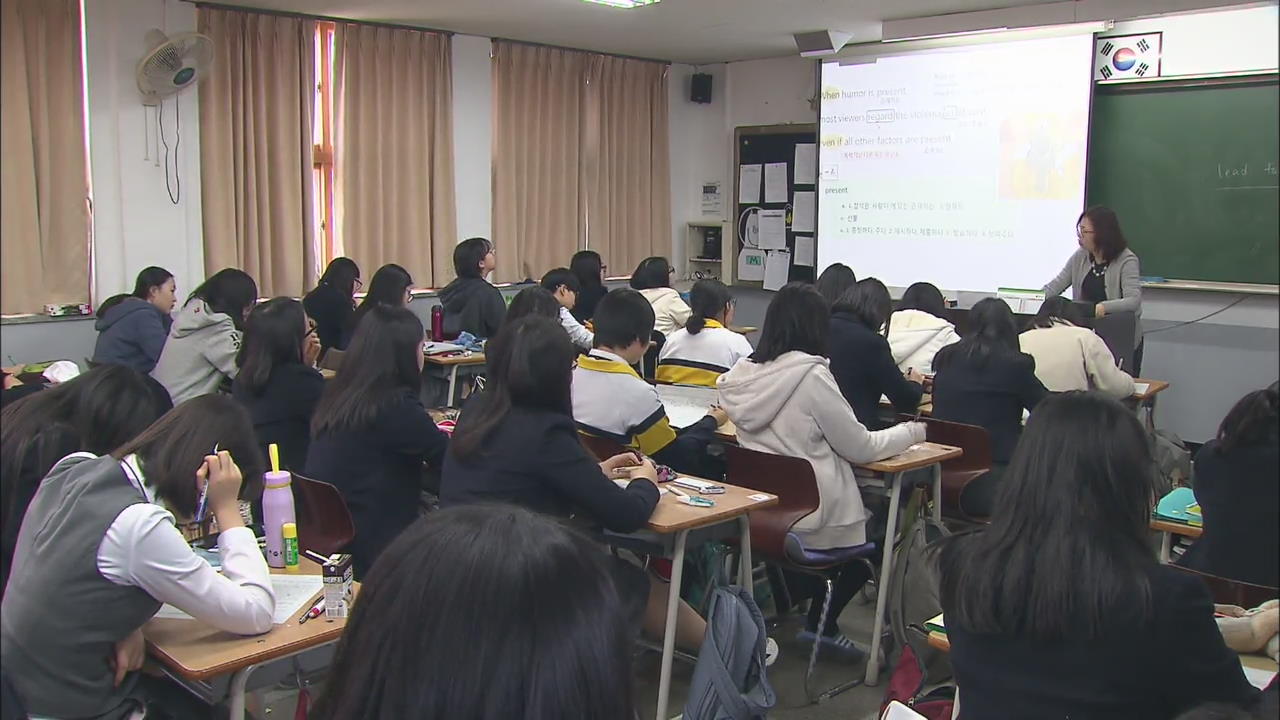
[Anchor Lead]
Koreans spent 19.5 trillion won on private education last year, nearly a third of the entire education budget. The monthly average expenses on private education per student also set a record high by rising 7%.
[Pkg]
Baek Seung-hyeon spends about 300,000 won each month on private education for her children who are in elementary school.
[Soundbite] Baek Seung-hyeon(Namyangju Resident) : "Many working moms don't have anyone to care for their children during after-school hours, so they sent their children to private education centers."
Parents of high schoolers preparing for college are under even greater financial pressure.
[Soundbite] Kim Jeong-hyeon(Seoul Resident) : "I spend more than a third of my household expenses on education. Tests are getting harder, but public education is not making necessary adjustments, causing an imbalance."
Last year, the monthly average expenses for private education per student stood at 291,000 won. This figure has risen for six years in a row. It was a record spike as the expenditure rose 7% on-year. Among students of all levels, spending for high schoolers expanded the most. The amount increased to 321,000 won, up 12.8% from a year ago, overtaking the figures for elementary and middle school students for the first time. The Ministry of Education explained that private education spending grew as college admission systems became more complex and diversified. Experts point out that it's hard to reduce the spending on private education with the education authorities' meaningless and repetitive promise to make college admission simpler and more transparent.
[Soundbite] Prof. Lee Seong-ho(Dept. of Education, Chung-Ang Univ.) : "The problem won't be solved fundamentally by lessening the student burden during the selection process. We need to find ways to improve the quality of public education."
Civic groups perceive the Education Ministry's measures as repetition of existing policies and called them incompetent and irresponsible.
Koreans spent 19.5 trillion won on private education last year, nearly a third of the entire education budget. The monthly average expenses on private education per student also set a record high by rising 7%.
[Pkg]
Baek Seung-hyeon spends about 300,000 won each month on private education for her children who are in elementary school.
[Soundbite] Baek Seung-hyeon(Namyangju Resident) : "Many working moms don't have anyone to care for their children during after-school hours, so they sent their children to private education centers."
Parents of high schoolers preparing for college are under even greater financial pressure.
[Soundbite] Kim Jeong-hyeon(Seoul Resident) : "I spend more than a third of my household expenses on education. Tests are getting harder, but public education is not making necessary adjustments, causing an imbalance."
Last year, the monthly average expenses for private education per student stood at 291,000 won. This figure has risen for six years in a row. It was a record spike as the expenditure rose 7% on-year. Among students of all levels, spending for high schoolers expanded the most. The amount increased to 321,000 won, up 12.8% from a year ago, overtaking the figures for elementary and middle school students for the first time. The Ministry of Education explained that private education spending grew as college admission systems became more complex and diversified. Experts point out that it's hard to reduce the spending on private education with the education authorities' meaningless and repetitive promise to make college admission simpler and more transparent.
[Soundbite] Prof. Lee Seong-ho(Dept. of Education, Chung-Ang Univ.) : "The problem won't be solved fundamentally by lessening the student burden during the selection process. We need to find ways to improve the quality of public education."
Civic groups perceive the Education Ministry's measures as repetition of existing policies and called them incompetent and irresponsible.
이 기사가 좋으셨다면
-
좋아요
0
-
응원해요
0
-
후속 원해요
0











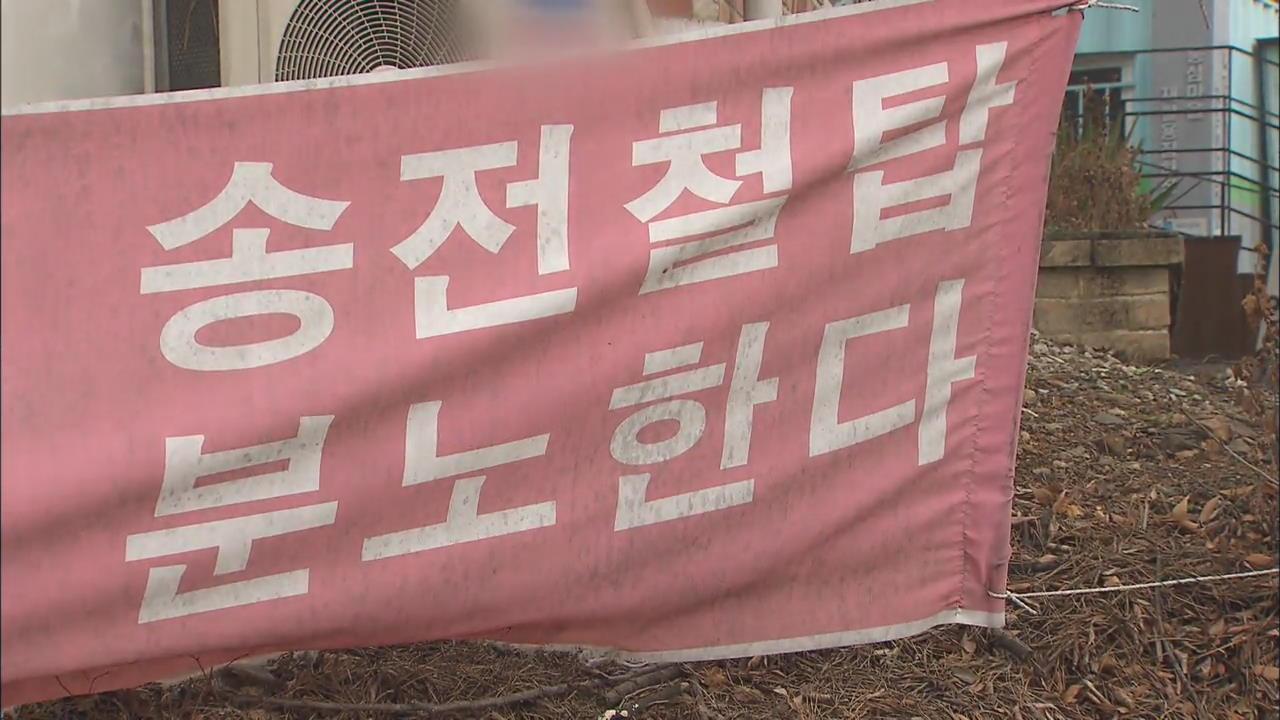
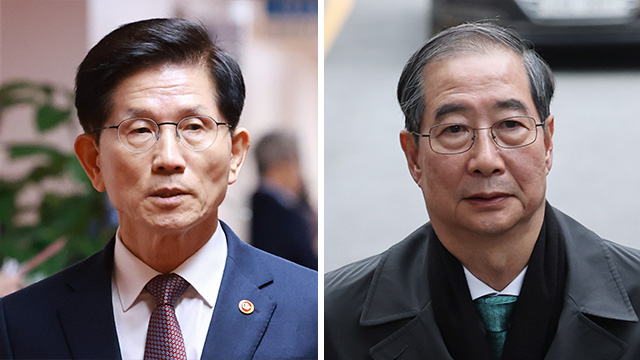
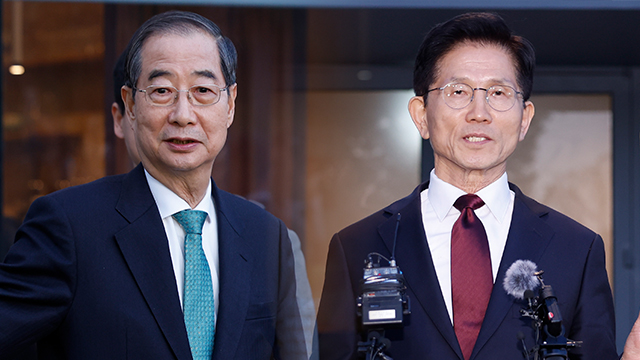
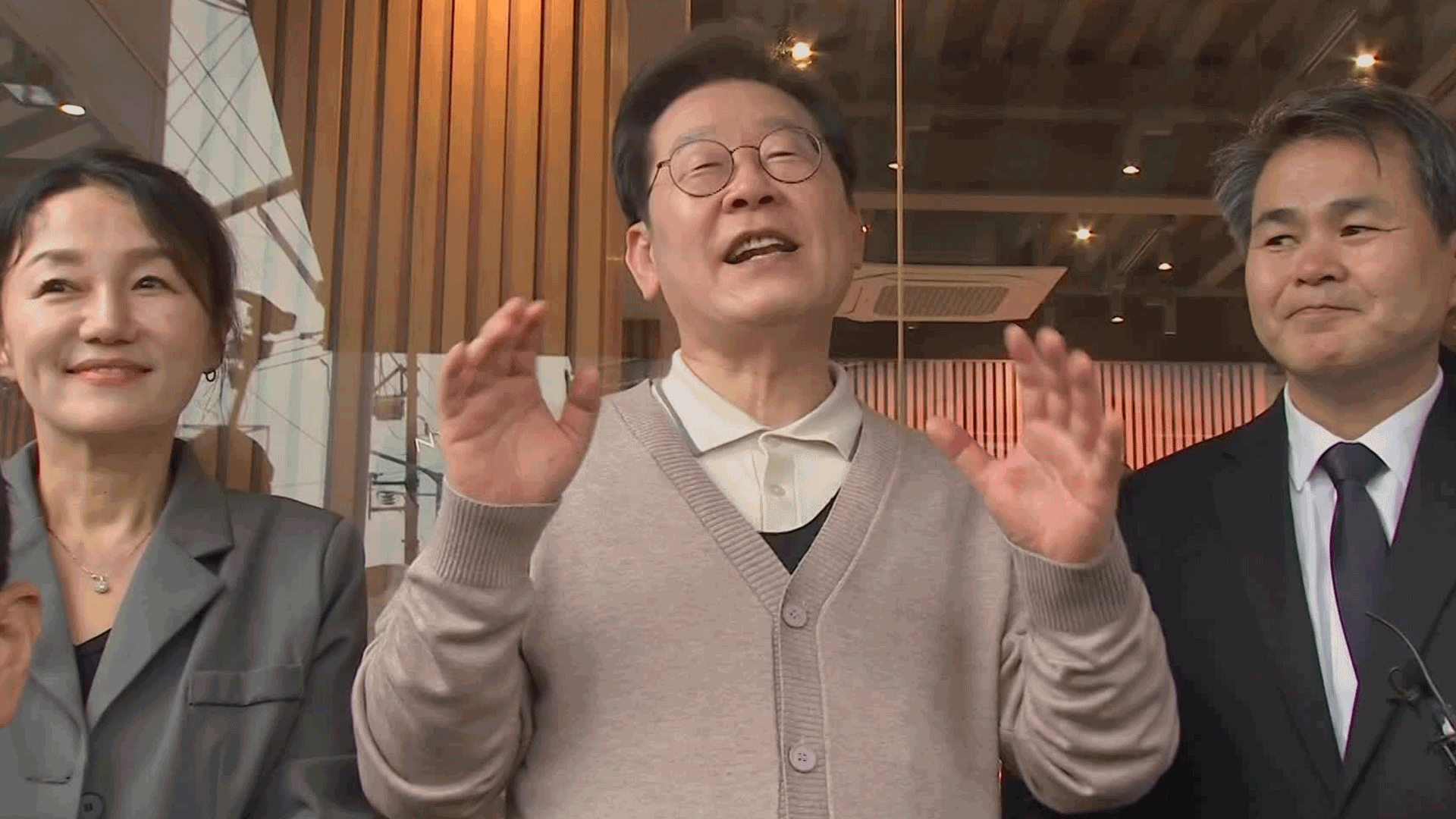
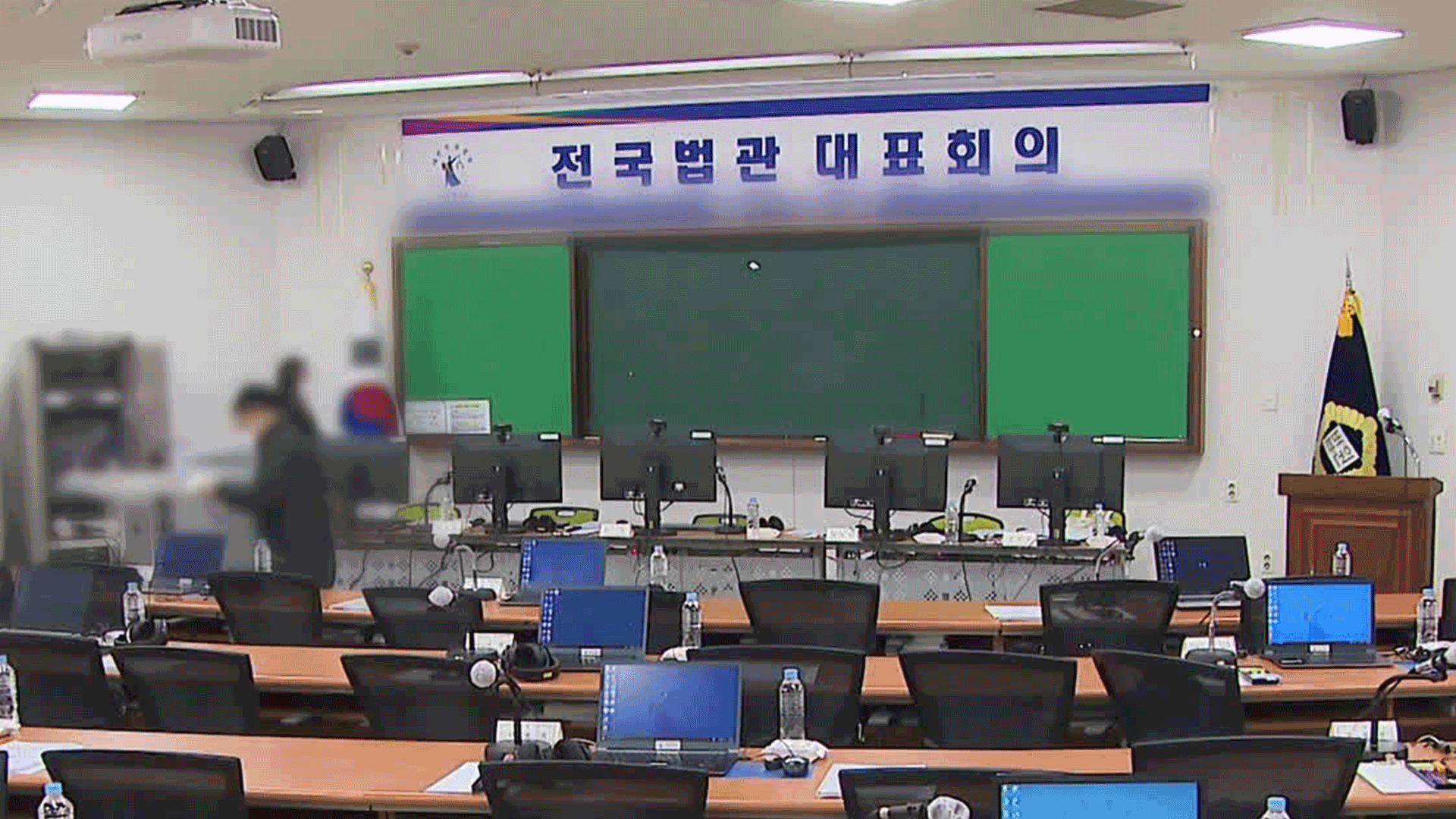

이 기사에 대한 의견을 남겨주세요.